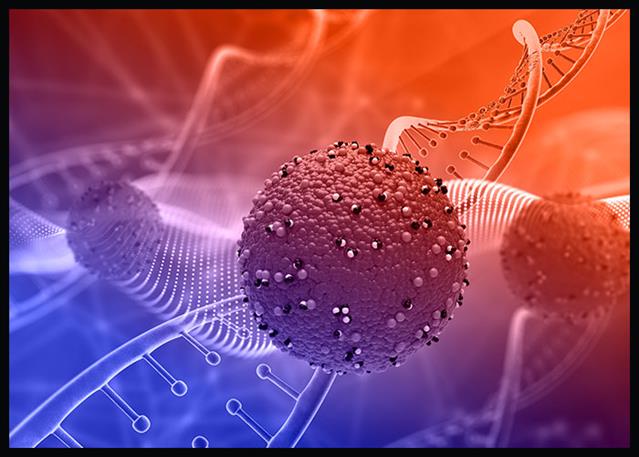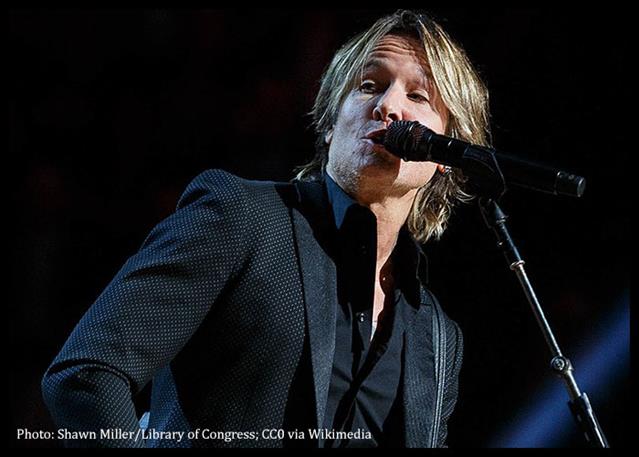
Three studies published recently showed that CAR-T therapy, under which a person’s immune system is reprogrammed to attack brain tumors, has shown promising results.
The studies conducted at the City of Hope Cancer Center in Duarte, the University of Pennsylvania, and Massachusetts General Hospital experimented on brain tumor patients by directly delivering CAR-T therapy to the brain.
The results showed that the therapy had shrunk the tumor and in some cases even melted it away. However, researchers claim that the therapy has to be developed further in order to dismiss the possibility of tumor relapse.
The experimental study at Mass General was conducted on a patient with a glioblastoma tumor in his brain which had been growing for years despite chemotherapy, radiation and other medications.
The doctors took his blood to harvest a special kind of T-cells, known as suppressor T-cells, which has the ability to turn down the immune response. They later modified them to bind it with specific proteins of the tumor cells in order to convert the suppressor T-cell around the tumor to killer T-cell.
The patient was given a dosage of a single 10-milliliter consisting about 10 million CAR-T cells, which reportedly shrunk his tumor by 20 percent on the next day and was rarely detectable after a few weeks.
The patient suffered through certain side-effects of the therapy including fever and extreme fatigue, but was able to return to a normal life.
“These kinds of responses don’t really happen with any other kinds of therapy for glioblastoma,” said Dr. Marcela Maus, director of the cellular immunotherapy program at Mass General Cancer Center in Boston.
Speaking on tumor relapse, Maus added, “Even though two of our patients progressed before six months, we think that we can do various maneuvers to try to increase that durability.”
“We are still at the early stages,” said Dr. Christine Brown, deputy director of the T-Cell Therapeutics Research Laboratory. “There are patients that are showing very favorable responses, but we still have too many patients that are progressing through therapy”.
Brown and her team led the CAR-T study at the City of Hope Cancer Center on patients with advanced glioma brain tumors. They used T-cells to specifically target a protein called interleukin-13 receptor alpha 2, which is made by tumors.
Out of 65 patients of the study, two patients recovered fully with their tumors being melted away, whereas some reportedly relapsed after two months.
Researchers at the University of Pennsylvania combined methods followed by the previous two institutions and saw drastic effects on tumor but suffered from brain swelling, fevers and headaches.
“When you treat someone with this powerful treatment in the brain who has a lot of tumor in there, the brain gets very inflamed, and they basically have a long, low-grade kind of chronic weakness syndrome,” said O’Rourke, director of the Glioblastoma Multiforme Translational Center of Excellence at the University of Pennsylvania Perlman School of Medicine.
The researchers at three institutions concluded that the therapy gives hope to brain tumor patients, but needs some improvements.
“Most all of these patients should not be alive now that are still alive,” he emphasized.
Copyright © 2024, RTTNews.com, Inc. All Rights Reserved.















